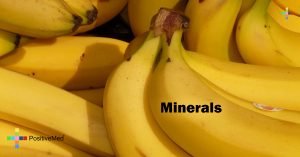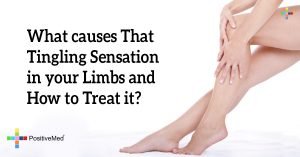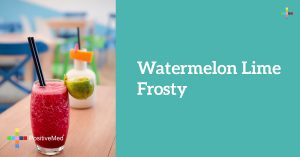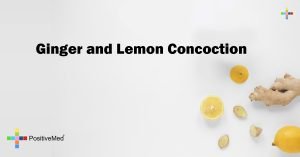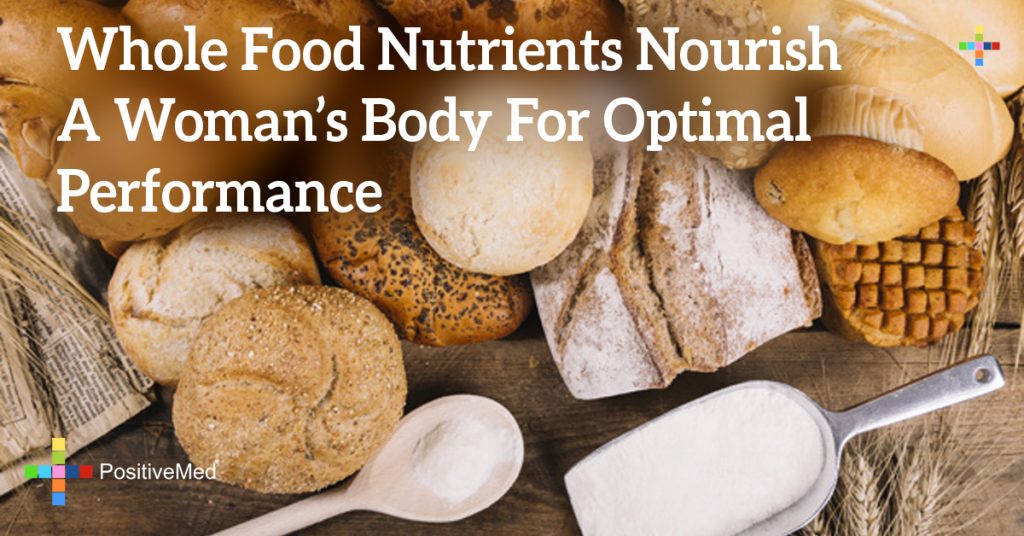
Whole Food Nutrients Nourish A Woman’s Body For Optimal Performance
[nextpage title=”…”]
It’s no secret that as times change, a woman’s life only gets busier. Women take on many roles including the mother, the caregiver, the chore provider, the after school teacher, the counselor, etc. All of these roles are piled on top of demanding careers. With everyday hustle and bustle, a healthy and energetic body is the key to getting through the day, which is where these vitamins come into play.

While it was previously believed that supplements were the best option for adequate levels of nutrients, the latest research supports that is it best to get your vitamin intake by eating whole foods from regularly prepared meals. This is due to research showing little health benefits from supplements and increasingly better benefits of a healthy diet. For millions of years, our bodies have relied on food to thrive. Supplements lack the components of natural food sources, therefore, actually depriving our body of the nutrients it really needs.

Vitamin A – Retinol
A sufficient intake of vitamin A is necessary for vision, especially night vision. It also helps maintain healthy skin and mucous membranes and helps protect your body against infections as it boosts the immune system. For pregnant women, this nutrient is necessary for the proper development of an embryo.
[/nextpage] [nextpage title=”…”]
The richest food source is liver, and considerable amounts are also found in whole milk, egg yolk, butter, cheese, carrots, yellow and dark green leafy vegetables, pumpkin, apricots, melon and palm oil.
Deficiency usually results from poor intake of foods high in vitamin A. The earliest symptom of deficiency is night blindness. Women at risk for this nutrient deficiency include those that are pregnant, breastfeeding, and elderly.
Vitamin B1 – Thiamin
Thiamin is a metabolism booster. It is also necessary for the body for the normal functioning of the heart and nervous system, as well as for maintaining proper psychological and neurological function.
Thiamin can be found in meat, especially pork. It is also found in mackerel, tuna, whole grains, nuts, potatoes, and dried legumes.
The deficiency of this nutrient is rare but mostly occurs in those who consume high amounts of sugar or alcohol. A thiamin deficiency may cause you to have difficulty digesting carbohydrates, which can cause decreased mental alertness, heart damage, and difficulty breathing.
Vitamin B2 – Riboflavin
Also a metabolism booster, riboflavin is necessary for the maintenance of skin, mucous membranes, normal red blood cells and normal vision. It also protects cells from oxidative damage, promotes the normal functioning of the nervous system and helps decrease tiredness and fatigue.
The most common and important sources of riboflavin include milk and dairy products, lean meat, eggs, and green leafy vegetables.
RELATED ARTICLE: 7 Essential Vitamins Your Body Needs After 40
Without adequate intake of riboflavin; women may experience fatigue, digestive problems, eye fatigue and soreness of the throat.
Vitamin B3 – Niacin
[/nextpage] [nextpage title=”…”]
Vitamin B3 helps women produce energy, as it converts food into glucose. This nutrient is also necessary for the functionality of the nervous system and for normal psychological functions. Niacin also aids in the maintenance of healthy skin and mucous membranes and reduces tiredness and fatigue.
Most of the niacin that can be obtained from food sources can be found in poultry, lean meats, nuts, and legumes. Also, the amino acid tryptophan can contribute up to two-thirds of your body’s niacin requirements and can be found in meat, milk, and eggs.
A deficiency of niacin in developed countries is rare. If a deficiency occurs, the most common cause is alcoholism. Symptoms can include the development of canker sores, indigestion, fatigue, vomiting, and depression.
Vitamin B6 – Pyridoxine
Vitamin B-6, or pyridoxine, is possibly one of essential nutrients. This nutrient provides women with the necessary support for physical and emotional health. It plays a major role in the healthy functioning of the brain and nervous system. It also inhibits homocysteine within the body, which has been linked to many health conditions.
Excellent food sources of this nutrient are widely available and include chicken, beef liver, pork, and veal. Fish are also good sources including salmon, tuna, halibut, herring and sardines. In addition, women can consume nuts, bread, corn and whole grain cereals to contribute to their daily requirements.
B6 is also a rare deficiency, women at risk include those who are pregnant, breastfeeding, taking oral contraceptives, underweight, chronic alcoholics, have high protein intakes and those that are elderly.
Vitamin B12
This vitamin is also necessary for energy production as it converts food into glucose. Vitamin B12 also supports normal red blood cell formation, cell division, neurological and psychological functions and supports the function of the immune system. Like other B vitamins, it too reduces tiredness and fatigue.
In our diet, good sources of this nutrient include liver, fish, eggs and dairy products.
The body requires adequate stomach acid to absorb vitamin B12, which puts elderly women at risk for deficiency. Symptoms that are associated with inadequate levels of this nutrient include fatigue, diarrhea, shortness of breath, numbness or tingling, and nervousness.
Vitamin C – Ascorbic Acid
[/nextpage] [nextpage title=”…”]
As the body lacks the ability to produce vitamin C, adequate intake must be obtained through food sources. Vitamin C helps protect cells from oxidative damage and is necessary for the normal formation of collagen. It aids in the healthy function of teeth, gums, bones, cartilage, skin and blood vessels. Vitamin C also aids in metabolism and is necessary for normal psychological function and the functioning of the nervous and immune system.
This nutrient is widely found in many fruits and vegetables including citrus fruits, peppers, broccoli, Brussels sprouts, strawberries, guava, mango, and kiwi.
Evidence from some studies suggests that many people may have mild deficiencies of vitamin C, especially smokers. Signs of deficiency may include dry and splitting hair, inflammation and bleeding of the gums, rough and dry skin, nosebleeds, easy bruising, and difficulty warding off infections. Severe vitamin C deficiency is known as scurvy.
RELATED ARTICLE: The 6 Nutrients Women Need Most
Low levels of vitamin C have also been found to be associated with some cancers, heart disease, high blood pressure, stroke and atherosclerosis (hardening of the arteries).
Vitamin D
Vitamin D is necessary for the absorption of calcium and phosphorus. It also builds and maintains healthy bones, supports the immune system and helps control cell division and specialization.
The most natural source of vitamin D is sunlight, however, many women don’t get enough exposure to adequately supply the body making supplementation from food necessary.
The best sources of vitamin D include fish liver oils and saltwater fish. Small amounts can be obtained from milk, meat, eggs, and butter. Vitamin D can also be found in fortified foods such a yogurt, cheese, and cereals.
Insufficient vitamin D levels are the most widespread and is considered to be a major global health problem. Women at risk for this deficiency include vegetarians, those who are overweight, alcoholics, and women who have diseases that affect the liver and kidneys. Vitamin D deficiency results in the reduced quality and density of the bones, causing osteoporosis.
Vitamin E
[/nextpage] [nextpage title=”…”]
Vitamin E is an important antioxidant that helps protect tissue, organs and cells from damage caused by free radicals, which are responsible for the aging process and may lead to health conditions such as cancer, heart disease, and inflammatory conditions.
The most important sources of this nutrient are nuts, whole grains, wheat germ and vegetable oils including olive, palm, corn, sunflower, etc. Small amounts of vitamin E can be obtained from meat, fish, dairy products, vegetables, and fruits.
Vitamin E deficiency is rarely seen in healthy adults. Women with fat absorption disorders may be more prone to this. Symptoms may include loss of muscle mass, muscle weakness, unsteady gait and impaired vision.
Omega-3 Fatty Acids
These fatty acids act as natural anti-inflammatory substances within the body. They are also important for maintaining heart, brain, and immune system health.
Fatty fish such as tuna and salmon are great sources of these fatty acids. Also, the pure orange juice is frequently fortified with this omega-3s.
When compared with any other nutritional deficiency, an omega-3 deficiency presents the most signs and symptoms of illness. These include attention problems, emotional sensitivity, sleep problems, excessive thirst, frequent urination, dry and rough skin, dull and brittle hair, and nails that are peeling, soft and brittle.
As you can see, these 10 vitamins can provide your body with the necessary nutrients for the optimal health and functionality of your body. The list may seem a bit overwhelming, but many food sources provide multiple nutrients, therefore, eating a well-balanced whole food diet can give your body just what it needs to keep you on the go day after day.
[/nextpage]
